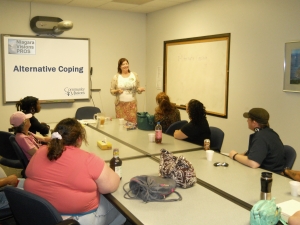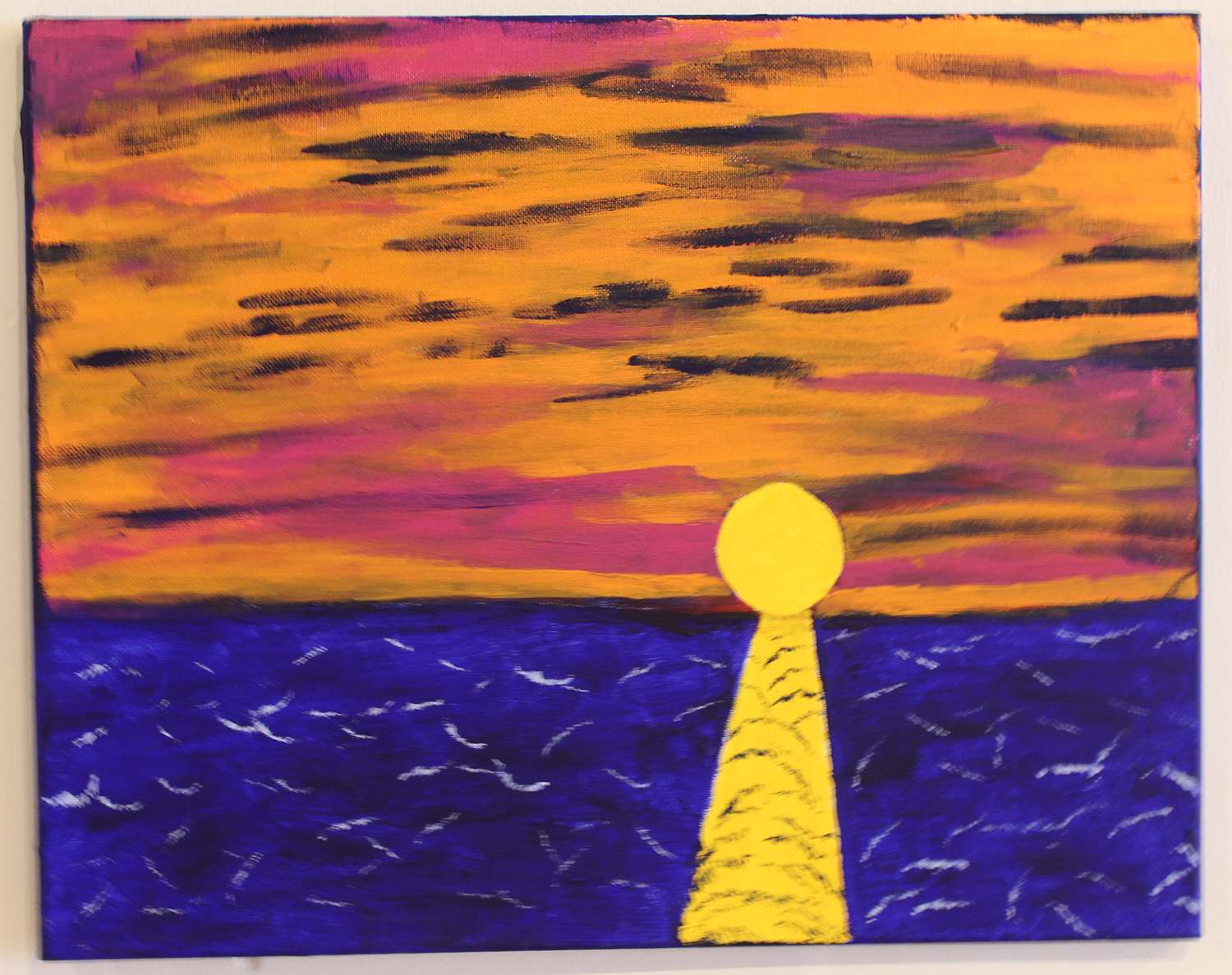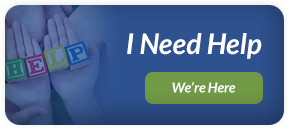Niagara Visions PROS
 Since 2011, Niagara Visions PROS has helped individuals to achieve the goals they set for themselves. This is a rewarding process that can be attained thanks to the dedicated staff of professionals within the program, and the work and determination of the individuals themselves.
Since 2011, Niagara Visions PROS has helped individuals to achieve the goals they set for themselves. This is a rewarding process that can be attained thanks to the dedicated staff of professionals within the program, and the work and determination of the individuals themselves.
For more information, please contact 716-205-8708, or download the Niagara Visions PROS brochure here.
Personalized Recovery-Oriented Services (PROS)
- PROS is a comprehensive, recovery-oriented program for individuals with psychiatric disabilities.
- PROS supports goals directed by the individual. This might include improving functioning, gaining employment, attaining higher levels of education, securing preferred housing and learning about wellness management.
- PROS strives to integrate person-centered planning into each facet of its design.
- PROS focuses on increasing rates of integrated, competitive employment among participants.
- PROS integrates treatment, support and rehabilitation in a manner that facilitates recovery.
- PROS staff truly believe that recovery is possible for each participant as they choose.
- PROS is primarily a Medicaid reimbursed program, with State Aid and Medicare as additional funding sources.
What is the goal of PROS?
The goal of PROS is to help individuals move beyond simply "managing" mental illness and toward living full, productive lives within the context of their own unique personal goals and aspirations. The development of the "person-centered plan" is the place where recovery and attainment of personal goals begins. PROS provides the framework for the recovery process; the person-centered plan provides the vehicle.
PROS supports an individual's personal journey towards recovery by providing services targeted to help them overcome barriers that stand in the way.
Weekly Calendar | Course Curriculum
Art for Mental Health
 Art for Mental Health is a class offered by the Niagara Visions PROS program. Participants in the program are diagnosed with psychiatric disabilities, and use the class to learn how they can incorporate art into their recovery.
Art for Mental Health is a class offered by the Niagara Visions PROS program. Participants in the program are diagnosed with psychiatric disabilities, and use the class to learn how they can incorporate art into their recovery.
Sessions are led by Sandie Crocker, the program’s Training Coordinator, who has a teaching degree in Art Education and is a board certified Art Therapist. While the program is open to any participant interested in expressing themselves, structure can be offered via instruction or therapy directives. This mix has led to Art for Mental Health to become one of the program’s most popular offerings.
Materials available include watercolor paint, acrylic paint, tempera paint, colored pencils, clay, pastels and markers. The Art Room is accessible throughout the week, though the class meets each Tuesday afternoon.
Sandie Crocker, the program’s founder, recounts numerous success stories of how the program has positively affected the lives of its participants:
- “There is one participant that you can just see the progression of his work. He began with very simple squares of colors, and his work has evolved into fantastic, vibrant pieces where he has explored different avenues and how to use both color and shape. But the bigger difference has been within him. He needs help with self-esteem, and since we’ve begun to display his works here in our building, we’ve been able to see a big change in him.”
- “One interesting case has been in helping a woman that has trouble making any kinds of decisions. This is a great way to have her make simple decisions, like what color to use and what the subject of the piece will be. Then she can look back at a finished piece and feel good about each decision she made to create it.”
-
“Another gentleman has gone through personal identity problems, and he has used art therapy directives to sort things out. He is very talented in art, very creative, and art has been a forum in which he has been able to explore how he feels about himself.”
-
“A big reason that people are interested in the art program is for stress management; at least half of the group comes in for that reason alone. What is so encouraging to see is that many of them have gotten art supplies themselves, so that they can do artwork at home. Art is a great way to reduce stress, and it will be a wonderful coping mechanism for them down the road once they take that step of transferring it from the classroom to their home.”
-
“It’s amazing to see the progression of so many of the participants, not only in their art skills, but also in their social skills. It’s a very laid back group, and the process of working on an art piece is a great conversation starter that can lead into any kind of discussion. It helps people socialize where they otherwise would not.”
By The Numbers...
In 2024, Community Missions provided:
• 12,441 nights of shelter
• 144,441 meals
• 4,379 individuals with clothing
• 8,071 care days in Youth Services
• 55,083 care days in Recovery Services
• 69,290 care days in Housing Services
• 496 reflections & resources for Faith Development







 Community Missions of Niagara Frontier, Inc.
Community Missions of Niagara Frontier, Inc.
